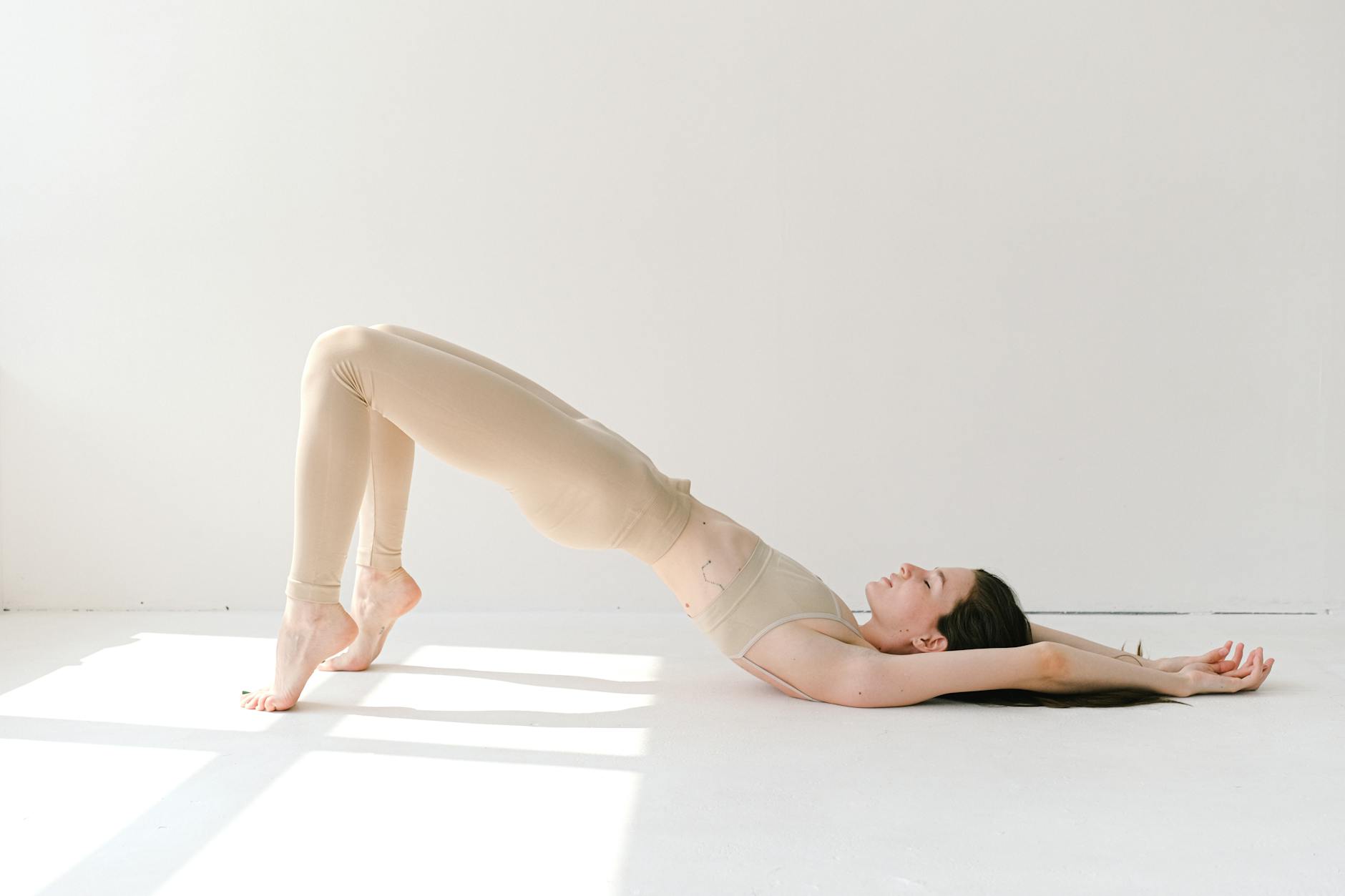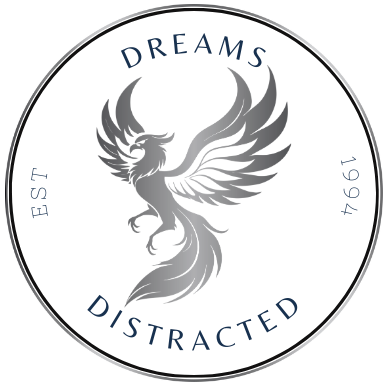Finding Focus: A Journey of Fitness with ADHD
Are you or someone you know on a fitness journey while navigating ADHD challenges? Staying active and maintaining a workout routine can be especially challenging for individuals with Attention Deficit Hyperactivity Disorder. ADHD, a neurodevelopmental disorder affecting focus, impulse control, and hyperactivity, can impact one’s ability to engage in consistent physical activity.
The journey of fitness with ADHD is unique and requires tailored strategies to overcome obstacles and achieve success. Individuals with ADHD may encounter difficulties such as staying motivated, maintaining consistency, and managing distractions during workouts. Acknowledging these challenges is the first step towards creating an effective and sustainable fitness routine that aligns with individual needs and preferences.
In this blog post, we will explore the importance of addressing the intersection of fitness and ADHD, share practical tips and insights for navigating this journey, and highlight the positive impact that regular exercise can have on cognitive and behavioral functions in individuals with ADHD. Stay tuned to discover how you can optimize your fitness regimen to support your overall well-being while managing ADHD symptoms effectively.
Understanding ADHD and its Impact on Fitness
Living with ADHD can present unique challenges when it comes to engaging in fitness activities. Let’s explore how different characteristics of ADHD, such as impulsivity, inattention, and hyperactivity, can influence one’s fitness journey.
Impulsivity in ADHD
Individuals with ADHD may experience impulsivity, which can lead to impulsive decisions related to fitness. This may manifest as overtraining, where someone pushes themselves too hard without allowing proper recovery time, risking burnout or injury. Trying extreme workouts without proper guidance can also be a consequence of impulsivity, potentially leading to ineffective or unsustainable training routines.
 Photo by Pixabay
Photo by Pixabay
Inattention and Fitness
Inattention, another common symptom of ADHD, can pose challenges in following workout plans and staying focused during exercise sessions. Individuals may struggle to adhere to a consistent fitness routine, find it hard to concentrate on the movements or instructions during workouts, and face difficulties tracking their progress effectively. This lack of focus can hinder goal achievement and overall satisfaction with fitness activities.
Hyperactivity Challenges
Hyperactivity in ADHD can impact one’s ability to engage in structured exercise routines. Finding suitable outlets for the excess energy that comes with hyperactivity is essential for maintaining a balanced fitness regimen. Individuals may need to explore activities that allow for movement and physical expression to channel their hyperactive tendencies positively. Incorporating dynamic exercises, sports, or outdoor activities can help manage hyperactivity while promoting physical well-being.
In summary, understanding how impulsivity, inattention, and hyperactivity affect fitness can aid individuals in overcoming obstacles and tailoring their workout approaches to suit their unique needs. By recognizing these influences, individuals with ADHD can develop strategies to enhance motivation, consistency, and enjoyment in their fitness pursuits.
Benefits of Fitness for Individuals with ADHD
Regular physical activity offers numerous advantages for individuals with ADHD. Let’s delve into how fitness can positively impact cognitive functions, behavioral challenges, and emotional regulation for those with ADHD.
Cognitive and Behavioral Benefits
Studies have shown that exercise can play a significant role in enhancing cognitive functions and managing behavioral challenges associated with ADHD. When individuals engage in physical activities like running, swimming, or yoga, it can lead to improved focus, attention span, and impulse control. These activities stimulate the brain, releasing neurotransmitters like dopamine and norepinephrine, which are crucial for cognitive processes. Regular exercise can also aid in reducing hyperactivity and impulsivity, common symptoms of ADHD.
Emotional Regulation through Exercise
Physical activity can serve as a powerful tool for emotional regulation among individuals with ADHD. Exercise triggers the release of endorphins, the body’s natural feel-good chemicals, which can help alleviate stress, anxiety, and mood fluctuations commonly experienced by those with ADHD. By incorporating regular workouts into their routine, individuals can find a healthy outlet to channel their emotions, leading to a calmer and more balanced state of mind.
 Photo by Anna Shvets
Photo by Anna Shvets
Tips for a Successful Fitness Journey with ADHD
Establishing a Structured Routine:
Creating a structured exercise plan tailored to your interests and abilities can significantly boost your success in maintaining a fitness routine while managing ADHD. Start by identifying physical activities that you genuinely enjoy, whether it’s dancing, cycling, or practicing yoga. By aligning your workouts with activities you find engaging, you’re more likely to stick with your routine. Setting realistic and achievable goals is crucial. Instead of aiming for drastic changes overnight, break down your fitness objectives into smaller, manageable steps. Consistency is key, so establish a schedule that allows you to exercise regularly without overwhelming yourself.
 Photo by Andrea Piacquadio
Photo by Andrea Piacquadio
Finding Motivation and Accountability:
Maintaining motivation throughout your fitness journey can be challenging, especially when dealing with ADHD. One effective strategy is to seek accountability through workout partners, group classes, or online fitness communities. Exercising with a friend or joining a workout group not only makes exercise more enjoyable but also provides the necessary support to stay consistent. Consider using fitness apps that offer features like progress tracking, goal setting, and reminders. These tools can help you stay motivated and on track with your fitness goals.
Incorporating Variety and Fun into Workouts:
To prevent boredom and sustain your interest in physical activity, incorporating variety and fun into your workouts is essential. Experiment with different types of exercises, such as dance classes, hiking trails, or martial arts sessions, to keep your routine exciting and engaging. Mixing up your workouts not only challenges your body in new ways but also prevents monotony. Remember, staying active should be enjoyable, so explore activities that bring you joy and fulfillment. By adding fun elements to your fitness routine, you’ll be more likely to stick with it in the long run.
 Photo by Leandro Boogalu
Photo by Leandro Boogalu
Overcoming Challenges and Celebrating Progress
Embarking on a fitness journey with ADHD can be filled with ups and downs, but it’s essential to overcome challenges and celebrate every bit of progress. Here are some key aspects to keep in mind:
Dealing with Setbacks and Adjusting Goals
Setbacks are a common part of any fitness journey, especially when navigating the unique challenges of ADHD. When faced with missed workouts or slow progress, it’s crucial not to be too hard on yourself. Instead, view setbacks as opportunities to learn and grow. Adjusting your goals to better suit your current circumstances can help maintain motivation and momentum. Remember, progress is progress, no matter how small.
Importance of Self-Compassion and Patience
Self-compassion is a vital component of overcoming challenges on the fitness journey with ADHD. Be kind to yourself during moments of difficulty or frustration. Recognize that progress may take time, and practicing patience is key. Celebrate even the smallest victories along the way, as they contribute significantly to your overall success. Seeking support from friends, family, or a professional can provide the encouragement and guidance needed to stay on track.
 Photo by Jonathan Borba
Photo by Jonathan Borba
Conclusion
As we wrap up our exploration of the journey of fitness with ADHD, it’s crucial to remember that incorporating physical activity into your routine can have profound benefits for both your body and mind. Despite the unique challenges posed by ADHD, individuals can leverage various strategies to make their fitness journey not only manageable but also enjoyable.
Embracing Individuality
Each person’s journey is unique, just like their fingerprint. It’s important to tailor your fitness routine to suit your preferences, interests, and energy levels. By understanding and respecting your individuality, you can create a sustainable and rewarding fitness plan that aligns with your specific needs and goals.
Overcoming Obstacles
Throughout your fitness journey, you may encounter obstacles and setbacks. Remember that setbacks are not failures but opportunities to learn and grow stronger. By approaching challenges with a positive mindset and resilience, you can navigate hurdles with grace and determination, ultimately emerging stronger on the other side.
Celebrating Progress
Celebrate every small victory along the way. Whether it’s completing a workout, trying a new physical activity, or making healthier food choices, acknowledging your progress boosts motivation and reinforces your commitment to your fitness goals. Remember, progress is progress, no matter how big or small.
Building a Support System
Surround yourself with a supportive network of friends, family, or fellow fitness enthusiasts who understand and encourage your journey. Sharing your successes and challenges with others not only fosters accountability but also provides a source of motivation and inspiration when you need it most.
Setting Realistic Goals
Set realistic and achievable fitness goals that align with your current capabilities and lifestyle. Break down larger goals into smaller, manageable steps, allowing you to track your progress and stay motivated along the way. Remember, small consistent efforts lead to significant long-term results.
In conclusion, embarking on a fitness journey with ADHD can be a transformative and empowering experience. By embracing your individuality, overcoming obstacles, celebrating progress, building a support system, and setting realistic goals, you can navigate your fitness path with confidence and determination. Your journey is unique, and with the right mindset and strategies, you can achieve your health and wellness goals while enjoying the process. Let your fitness journey be a celebration of your strength, resilience, and commitment to holistic well-being. Photo by Zakaria Boumliha

